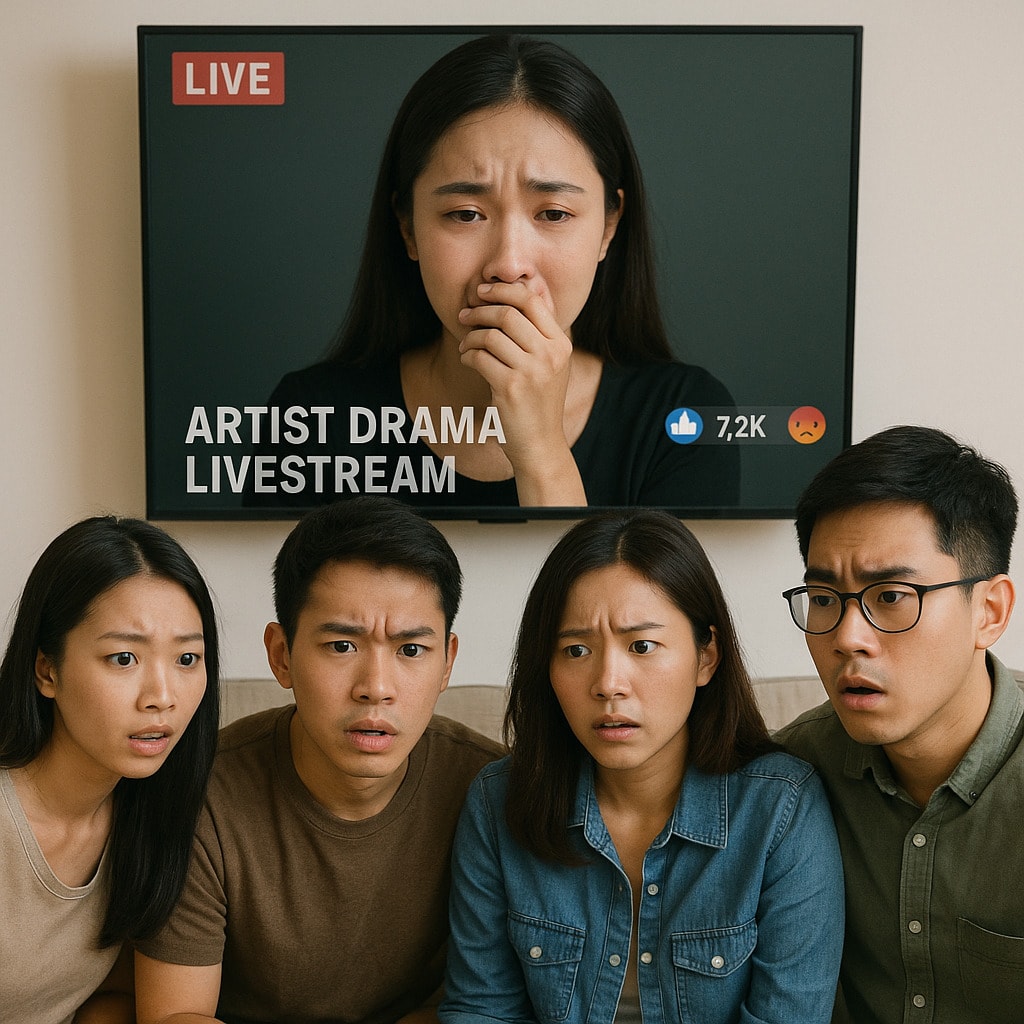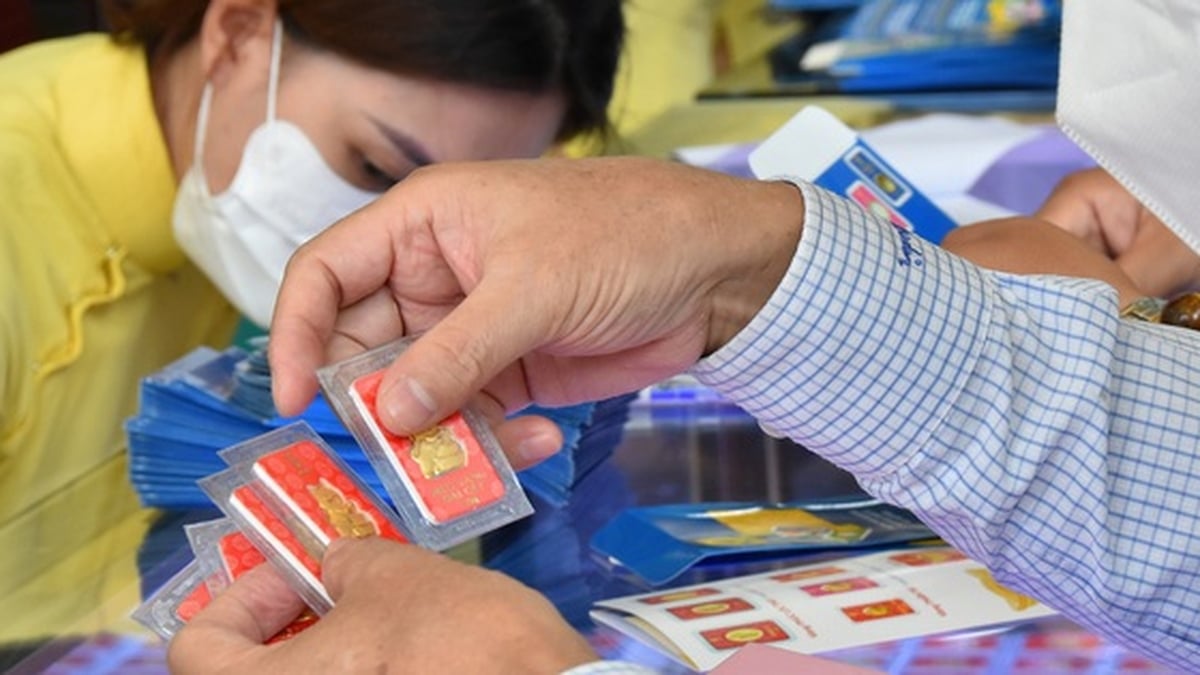
When more than 1.5 million Vietnamese people simultaneously stayed up late to watch streamer ViruSs's love story livestream, the phenomenon of "watching drama" went beyond the boundaries of normal entertainment. ViruSs's livestream with rapper Phao attracted more than 4.8 million views, with the peak reaching 1.6 million concurrent viewers.
For many young people, other people's conflicting stories are becoming a source of "distorted comfort" - where they seek sympathy, compare and see themselves as "luckier" amid the pressures of modern life.
Finding Solace in “Downward Comparison”
One of the little-known psychological motivations that drives many people to watch drama is the need to feel okay.
When people see celebrities in trouble, making mistakes or being criticized, they tend to make implicit comparisons and feel better about themselves. The downfall or pain of others sometimes becomes a “spiritual medicine” that helps them calm their inner insecurities, even seeing it as a way to “heal themselves” without words.
The pleasure of watching drama is not a coincidence, but stems from a clear neurological mechanism. Young people tend to be easily attracted to strong external stimuli.
When exposed to dramatic situations, conflict or controversy, the brain releases dopamine - a neurotransmitter that brings feelings of pleasure. It is this biological “reward” that makes watching drama an addictive form of entertainment.
Deep down, it’s a psychological coping mechanism: finding a sense of well-being when others are struggling. This temporary escape, especially in an age where social media constantly pressures people to live “perfect” lives, is increasingly becoming an unhealthy alternative therapy.
Regular exposure to negative content can put the brain in a state of prolonged stress, which can easily lead to psychological disorders such as anxiety or stress. In the long run, this habit not only affects emotions, but also shapes biased thinking.
Many people gradually become judgmental, critical and tend to view life through a pessimistic lens, thereby losing the necessary empathy and inner balance.
When social media replaces psychological counseling
Social media is increasingly becoming an unofficial “therapy room” for many young people. Instead of seeking professional psychological support, they are drowning in dramas in search of empathy and lessons.
For many people, following other people's personal stories is not just a matter of curiosity, but also a way to broaden their perspective on life - slices that rarely appear in mainstream newspapers or television.
Some people have set limits for themselves to only read news during office hours so as not to affect their personal lives. However, in reality, they are still easily drawn into the “dramatic” news, staying up many nights to follow every new detail.
More and more people are losing control over their information intake, letting their emotions be completely led by the flow of social media.
They are easily drawn into gossip and drama, leaving their minds in a state of constant anxiety and fatigue for no apparent reason. Constant exposure to negative content will clearly have a long-term impact on mental health.
Another factor that drives drama-watching comes from the invisible pressure of the virtual community. Many young people say they find it hard to ignore any scandalous events, simply because they don’t want to be seen as “outdated” or “old-fashioned” by their friends. In a digital communication environment, not keeping up with information sometimes means being left out of the conversation.
Staying up to date with the news, to a certain extent, can be entertaining, relieve stress, and facilitate connection with others. However, when taken to the extreme—especially when consumed with content that lacks depth—it can easily become a waste of energy.
Many people admit that at first they only watched for entertainment, but the more they watched, the more they got caught up in the vortex of comments, analysis, reactions... causing them to lose control of their time. The consequences were disturbed sleep, lethargy, and decreased work performance.
To avoid falling into a state of information dependence, young people need to proactively adjust the way they use social networks. Learning to select content, limit the time spent surfing the news, changing entertainment forms to physical activities, developing skills or contributing to the community... will bring more practical and long-term benefits.
Fear of abandonment
The culture of “watching drama” has developed a unique language ecosystem in the Vietnamese online community. “Watching things”, “old-fashioned”, “scandals”, “exposing” are new words that have appeared in the media recently. In today’s online world , “not letting yourself become old-fashioned” has become the motto of many young people. This phrase reflects the fear of being left out of the digital community, motivating them to spend time following dramatic stories just to make sure they are not “outdone” in everyday conversations.
Source: https://baoquangnam.vn/hong-drama-lieu-phap-tinh-than-meo-mo-3154507.html






































































































Comment (0)